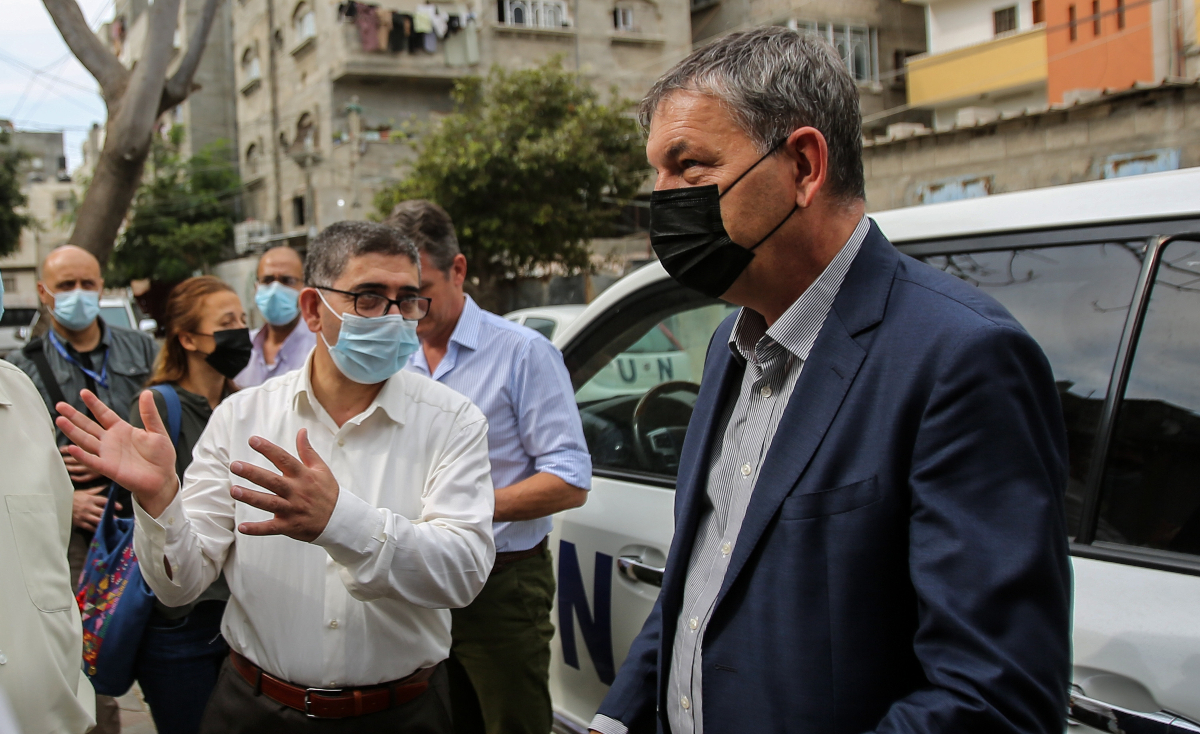Egyptian Foreign Minister Sameh Shoukry received UNRWA Commissioner-General and UN Under-Secretary-General Philippe Lazzarini in Cairo, on 6 March 2023. The two discussed avenues toward the peaceful settlement of the Palestinian cause as well as Egypt’s role in garnering regional support for the Agency. The United Nations Relief and Works Agency for Palestine Refugees in the Near East (UNRWA) was established in 1949 to provide relief to the more than 700,000 Palestinians displaced in the wake of the 1948 Israeli invasion – anchored in national memory as the Nakba, or ‘catastrophe.’ UNRWA’s mandate has since been renewed every three years, in the absence of any resolution to the conflict or solution to the ongoing Palestine refugee crisis. The agency, funded almost entirely by voluntary contributions from member states, provides access to education, health, relief, and social services to nearly 6 million refugees. As a result of compounding challenges, including the global economic crisis wrought by Russia’s invasion of Ukraine in 2022, the agency has faced immense financial strains. Following his meeting with Shoukry, Egyptian Streets reached out to Lazzarini for further comment on Egypt’s role in supporting UNRWA’s mission in light…
Interview with UNRWA Commissioner-General Philippe Lazzarini: Resolving the Israel-Palestine conflict continues to be a priority for Egypt
March 20, 2023




